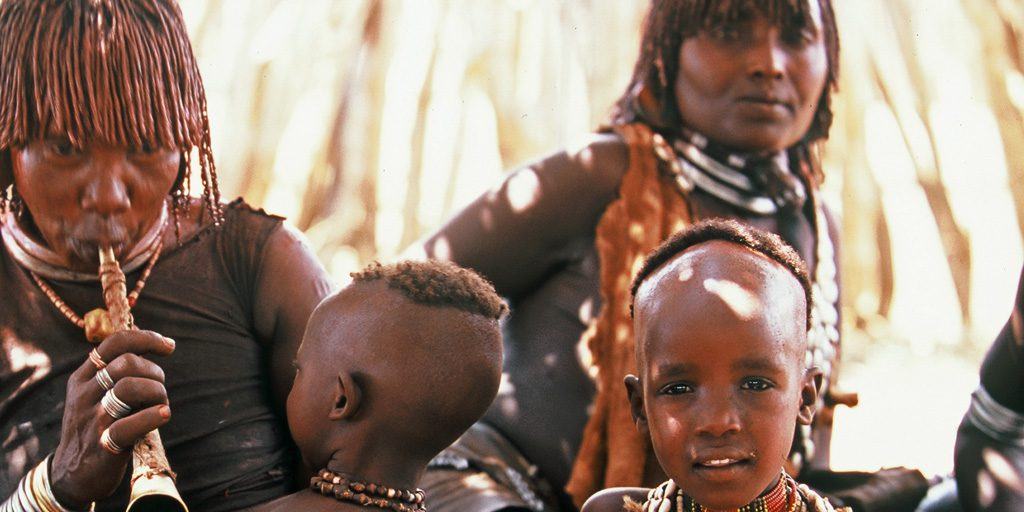The damming of the Omo Valley in Ethiopia, where five major rivers flow out of the highest concentration of highlands in all Africa – and where there is a uniquely diverse human gene pool – is due for completion in 2014.
I understand perfectly why a government would want to tap into the potential that a project like this can offer: the dam will make sugar production bigger, faster and easier, and provide employment opportunities. However, the Gibe III is already having a devastating effect on those communities living on the flood plain. People are being displaced from downstream villages and without the annual floods to guarantee their farming success there would be little hope of thriving – even if they remained.
Further, so far, in terms of work, it has been mostly migrant workers who have benefitted from the opportunities created by the damming of the Omo Valley. Meanwhile, while increased pressure on resources – as a result of drought and temporary ‘controlled flooding’ – has seen the start of violent conflict among neighbouring groups.
Tellingly, as Dr David Turton, Senior Research Fellow at Oxford University, indicates, the scale of the dam project is forcing traditional ways of life into the margins, weakening them and setting them on an ever-diminishing path. Lessons from the past of dam building have not been learned: ‘The continuing lack of a convincing livelihoods reconstruction and development plan for the downstream population must ring alarm bells for anyone familiar with the extensive literature on the human and environmental costs of large dams. This literature provides overwhelming evidence that the poorest, most vulnerable and most marginalized members of a country’s population, particularly ethnic minorities, are disproportionately affected by large dams and that most of those affected become even poorer, more vulnerable and more marginalized as a result.’
In spite of early attempts to encourage an independent review of the dam’s impact, massive investment meant that ‘livelihood studies’ did not go ahead. An opportunity missed. Those in power need to respond with greater care and sensitivity to the welfare of those likely to be affected by projects such as this one.

Clearly and unfortunately, it’s too late to halt the building of the Gibe III. Even so, my urgent plea to the dam’s project management would be to instate immediate consultation with those groups whose way of life is under threat. Economic benefit is not wholesale and we all need to think hard before sacrificing our smallest communities in the mistaken belief that we are benefitting everyone. Project managers need to listen to the needs of local communities and respect traditional decision-making – the success of any project, whether in industry or tourism, must surely be judged on the way it benefits not the loudest, most powerful and vocal groups, but rather those who are quietest, most vulnerable, and who often have no voice at all.
